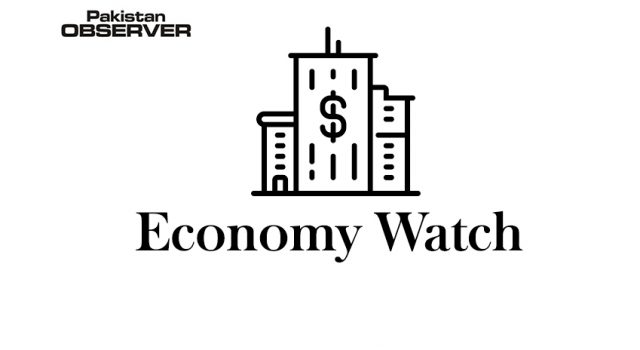Dr. Imran Shafique
Every organization is gov
erned by a management
philosophy which is based around the organizational culture and specific norms about how things get done. In some cases, it is linked to the vision and mission of the organization while in other cases it is solely based around the personality of the leader. Often there are circumstances and situations where the leader must learn to adapt and display certain behaviours that depart from norms which are often referred to as situational leadership theory.
Some leaders are driven by their internal conviction and morality about how they treat employees and satisfy the interests of organizations. This problem has been encompassed in the agency theory in management where the managers are facing a dilemma of compliance with fiduciary duties versus pursuit of personal interests at the expense of shareholders.
The type of leaders and managers an organization installs will determine the performance and competence of their departments and employees. Sometimes, it only takes one competent leader to turn the organization around and make it successful as we learned in the case of Steve Jobs and Apple. This calls into the question the personal traits and style of leadership of such individuals. Most people remember Steve Jobs as a charismatic leader who had a way to engage and captivate his audience by simply having a conversation. We also have examples of psychopaths who were placed in leadership positions that not only harmed the employees but also the organization and its customers.
For an organization to be truly effective, it must know its own strengths and weaknesses. It must know its employees and resources. It must know its customers and competitors. It must know its strategic competitive advantages and how the market perceives their business operations in the form of goodwill.
In the case of bank industry of Pakistan, the leaders are encouraged to be flexible and supportive to their employees by facilitating their personal and professional growth. They recognize that having a supportive boss who is compassionate can make a world of difference for the employees. If one is comfortable in provided working environment and has good relations with boss and colleagues, he/she can concentrate better on his/her work and feels satisfied with his/her job. This practice has been very effective and useful in banks which are a high stress environment with pressure to achieve targets. There needs to be managers and heads of department who look out for employees that are managing operations and bringing in revenue and deposits to help became remain profitable and competitive.
However, the leadership in banks does not believe that the leaders are obliged to undermine their own interests to help the organization succeed. What matter is attitude of the people and how they perform daily as the bank only values competent employees. Further, the head of department and managers are not concerned with the ethical implications of achieving results. To put it simply, the only thing that matters is compliance with banking regulations, aside from that the employees are given free rein to use any means necessary to achieve their targets. This does not mean that they engage in illegal activities, rather they are not burdened by ethics and self-righteousness when pursing potential customers to market the services of the bank. The leadership in banks provides consideration towards the employees to a certain level for facilitating their performance.
There is no sympathy for poor performers and ineffective employees with the core focus being targets and results. The bank is bound by the orders of the head office and the regulations of the State Bank of Pakistan. There is no room for creativity and subjective interpretation by managers and employees.
Everything is communicated clearly through in written with clearly defined standards of performance and reward systems. Therefore, I conclude that the management philosophy and leadership prevailing in Pakistan based on my findings is strongly suggestive of transactional leaning towards initiating structure that promotes high power distance based on designations.
—The writer is faculty member at COMSATS University, Lahore Campus.










